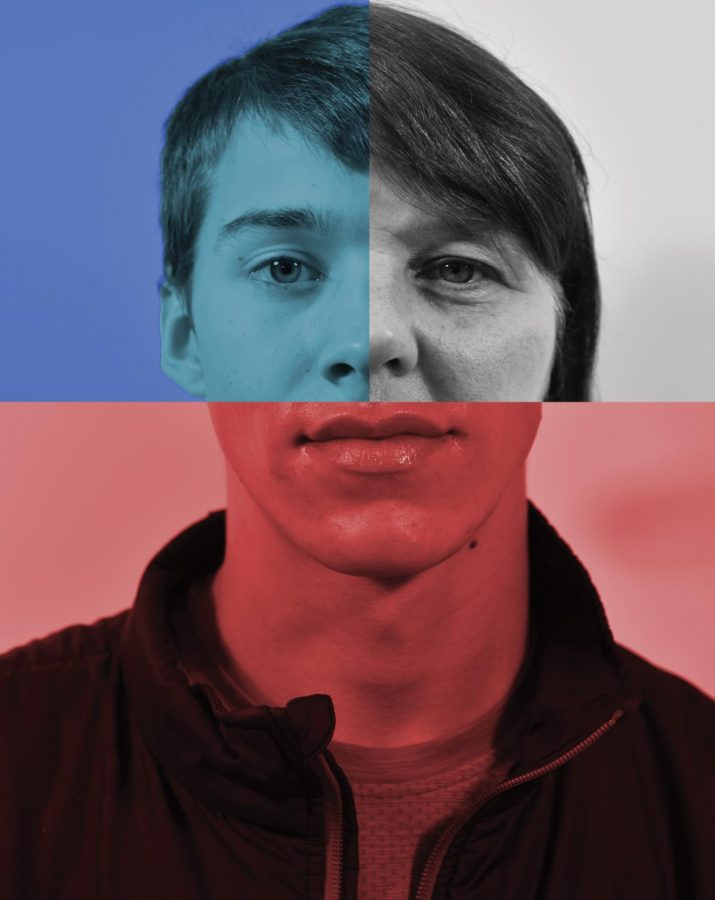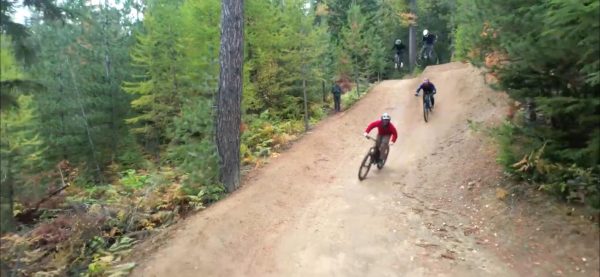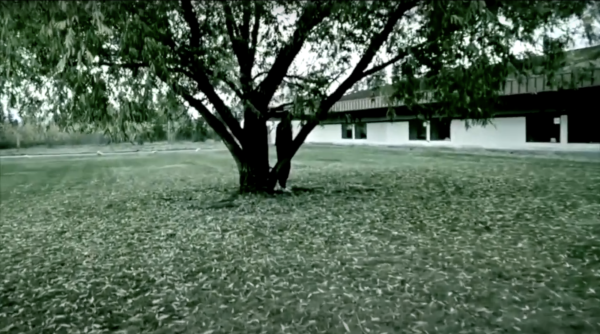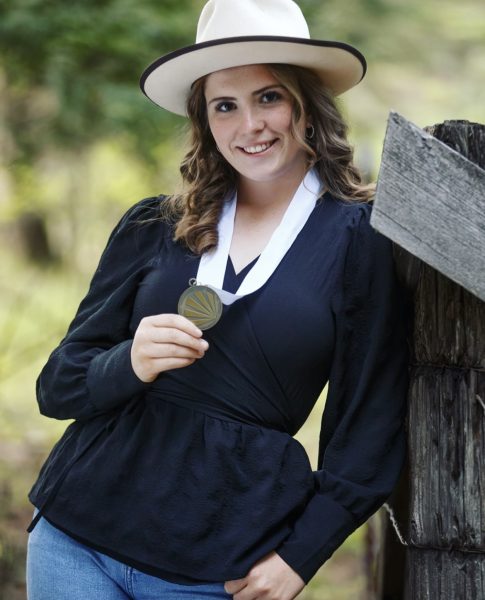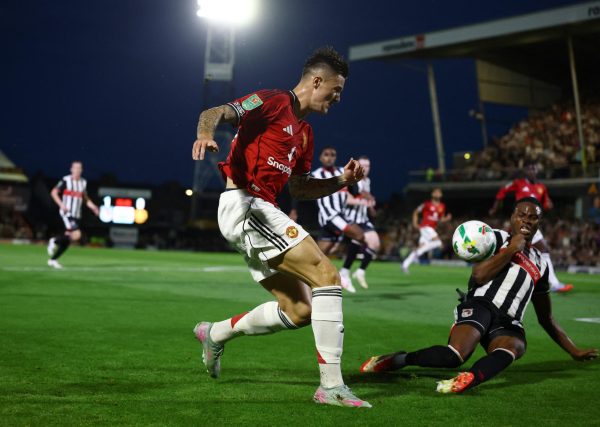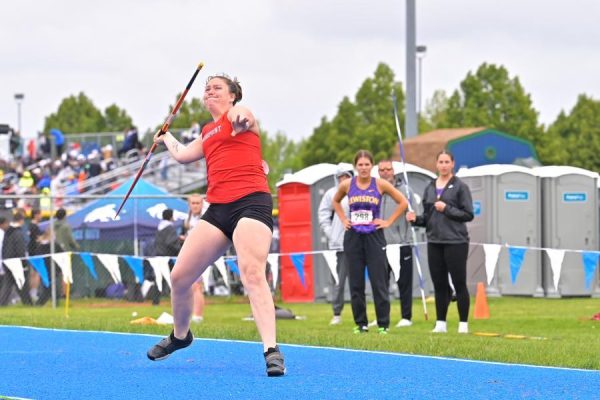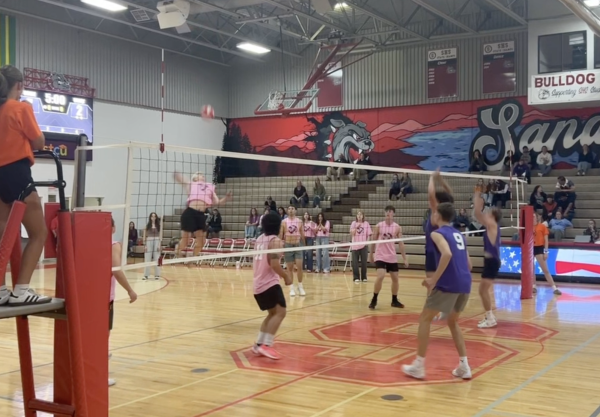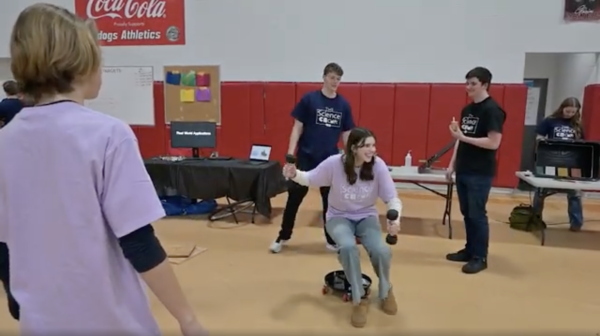THE R WORD
The use of the word “retarded” for stand has had a large influence on the culture at Sandpoint High School
The vernacular surrounding the word retarded sparks debate around Sandpoint High School, as students and staff ponder the implications of using an antiquated term for social benefit.
Retarded, as defined by Merriam Webster, is to be “slow or limited in intellectual or emotional development.” However, Special Education teacher, Rochelle Hartman notes that the term is outdated and rarely used as per its original definition.
“It [retarded] was used at one point and it has changed…We just have better terms now,” Hartman said.
The word incites significant controversy, as it has transformed from a clinical definition to a new form of slang.
Lois Schneide, Special Education Paraprofessional, feels that the word is disparaging to people who face mental challenges.
“People are joking, thinking they’re being funny. They’re kind of cutting their friend down in a funny way, but it’s not really. It’s an old word that used to be labeled for people with challenges, but now it’s kind of being used in a derogatory manner,” Schneide said.
However, some students at Sandpoint High School don’t characterize the word as offensive. Junior Ixander Clerique, feels the use of retarded is acceptable, yet circumstantial.
“I use it, but I think it’s kind of situational. You’ve got to know when to say things, that’s universal though,” Clerique said. “The meaning lies in what you’re saying, not in the word itself.”
Hartman feels that the use of the word for slang inspires negativity. “We just need to stop and gently explain to people that it’s not a word that has good connotations and it can really make people feel bad.”
Teachers like Hartman attempt to combat the use of word in SHS one situation at a time.
“I don’t like to hear it, just plain and simple. So, if I do hear it, I actually will address someone privately and say “Hey, maybe that’s not a good word to use.” Hartman said. “We want to be using kindness and talking to people and just [using] their names, just think about what we’re saying.”
The Administration attempts to tackle the issue on a similar scale, pulling students aside as they notice the use of the word, citing it on a justified disciplinary scale.
“If we had a student that used that word, retarded, one time, it would be of a warning or a sensitivity talk of why they should not use that word,” Principal Tom Albertson said. “…But if it was pervasive over time, then it would become a violation of school rule.”
“I believe that all students have full potential and that everybody has their strengths and they also have their challenges, so to use that term is very much, I find, offensive and is derogatory,” Albertson said.
For students like Ephriam Weisz, who have relatives with Special Needs, the casual use of the word hits close to home.
“I have used it without thinking about it, but I personally have a Special Ed sister and I feel like it’s offensive, at least when I hear it, because it’s used in such a negative [way], which makes me feel like it’s a bash on people that have Special Needs and just in general,” Weisz said.
Weisz feels the evolution of the word stems from different sources.
“I think that it came from arrogance. I feel like people have grown up in a society where it’s easy to judge people. Just like the connotation of comparing a normal person to someone that has Down Syndrome, or something like that, thinking that it was funny and it probably grew from there,” added Weisz.
However, some students who hear the word used nonchalantly note that it’s hard to confront peers about it.
“Honestly, I probably wouldn’t [do anything]. If it were in context to somebody who was physically or mentally challenged, I would step up and tell them to knock it off,” Junior, Lilianna Matthews said.
Hartman notes that education is pertinent in initiating change. “I think a lot of people don’t realize how that word can impact others. I’m really against the use of it and I think education is the key,” Hartman said.
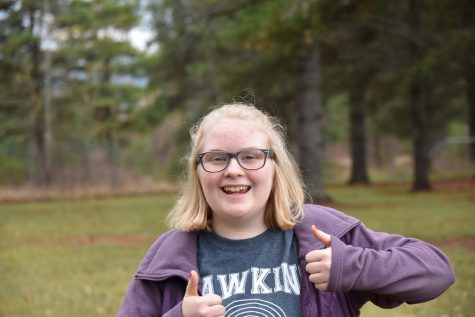
Corinne Capodagli is a senior and it is her second year on staff. Here are some fun facts about Corinne.
What word do you repeat at least 10 times a...
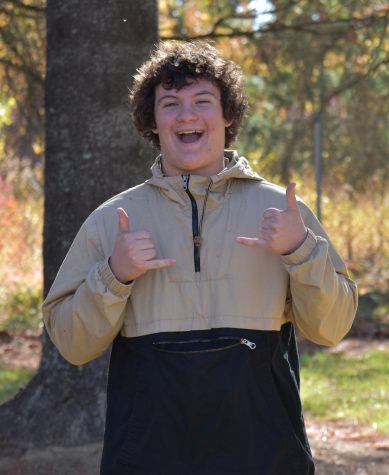
Freddy Libby is a senior and it is his second year on staff. He is the photo editor.

